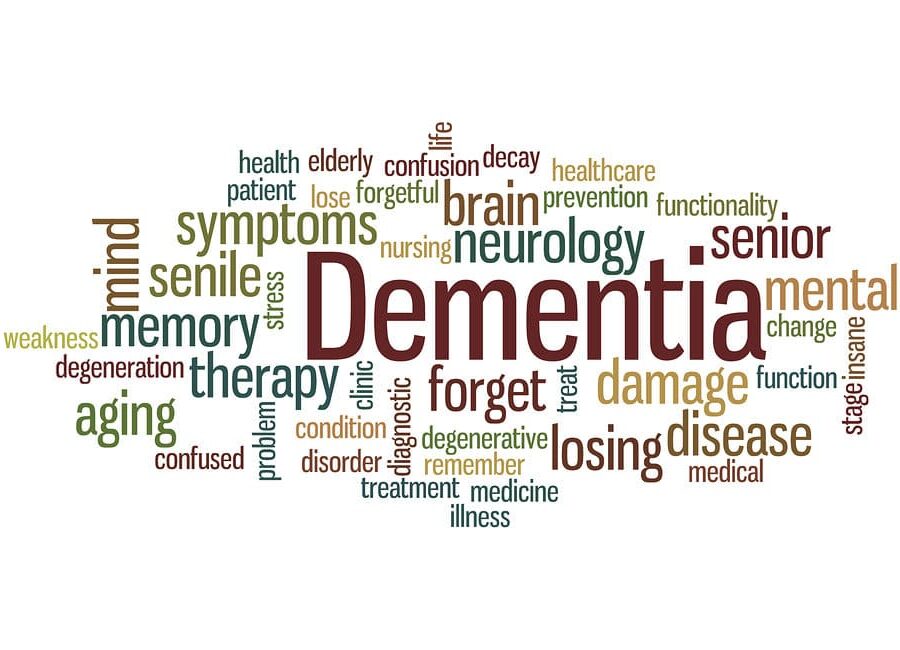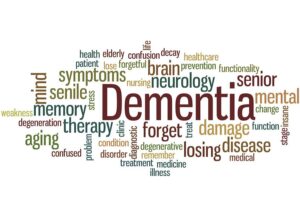Alzheimer’s is a prevalent chronic health condition. When your parent is diagnosed with it, it’s alarming. As the disease progresses, it’s heartbreaking watching the changes, but you’ve hidden your feelings from your mom to keep everything stress-free and upbeat.
How will her care plan change when she reaches the final stages? What should you be putting on her list of care needs now? These are the things to consider.
Delusions, Paranoia, and Rage Increase
A person’s delusions and paranoia increase in the latter stages of Alzheimer’s. People don’t always talk about it, so it can take you by surprise.
That mental distress can lead to rage that is extremely hard to handle. Your loving mom is now hitting, kicking, biting, scratching, and shoving. You can’t react, but it’s impossible not to react when it’s your parent attacking you.
At some point, your mom’s medical team will suggest using antipsychotic medications to calm her down. Some of these medications are administered through an injection, and that’s not something you can do. A home health care nurse can.
Mobility Diminishes
Your mom’s mobility may diminish to the point where she cannot do anything without you lifting or adjusting her. She’ll need you to move her from a wheelchair to her bed. If you’re not careful, she may develop pressure sores.
Once there are open sores on her body, wound care is essential to prevent an infection. If you’re not comfortable cleaning and dressing wounds, you want to talk to her doctor about home care nurses who are trained to keep wounds sterile.
Eating Often Leads to Choking
Your mom’s ability to swallow also diminishes. If she reaches the point where she cannot swallow, you have to decide if she should have a feeding tube. Her advance directive is a good guide on the care plan to follow.
As she stops eating, her care needs will switch to comfort care. Palliative care is possible at home if you arrange to have skilled nurses helping with pain prevention, health monitoring, and medication administration.
Talk to a home health care specialist about the care your mom needs. If she has an infection and needs an IV or has to have IV fluids to avoid dehydration, it’s often less stressful to have a nurse come to her home.
Home health care nurses can help with palliative care, too. It’s not an easy conversation to have, but it’s an important one. You want your mom to be comfortable and in a familiar place, and home health care nurses ensure that happens.



